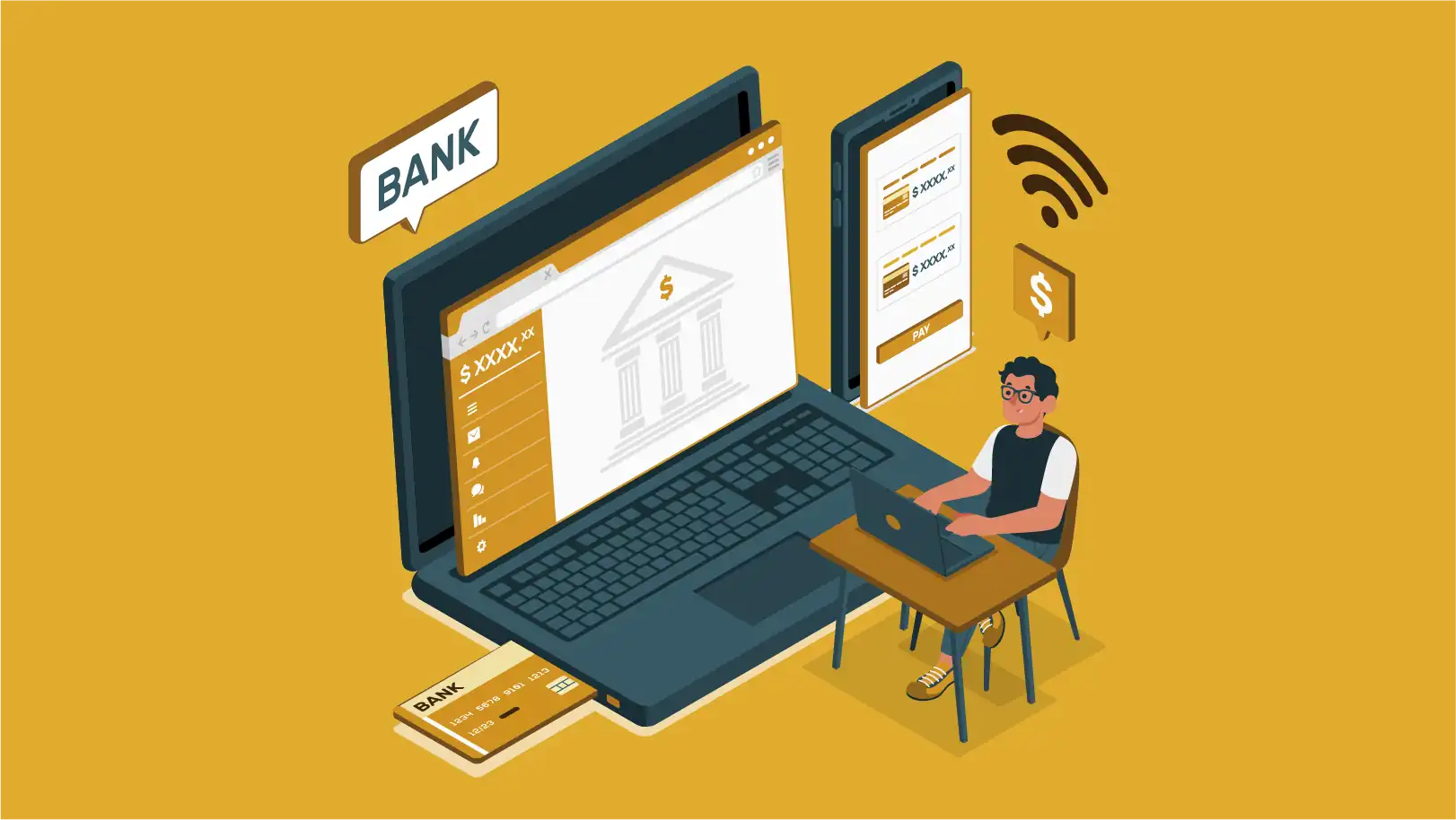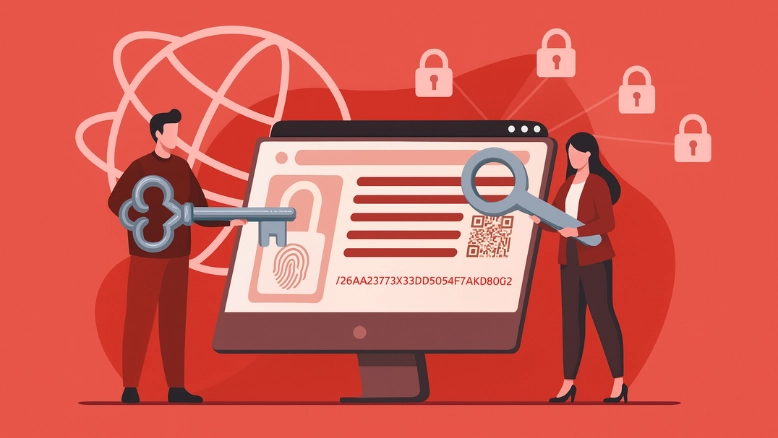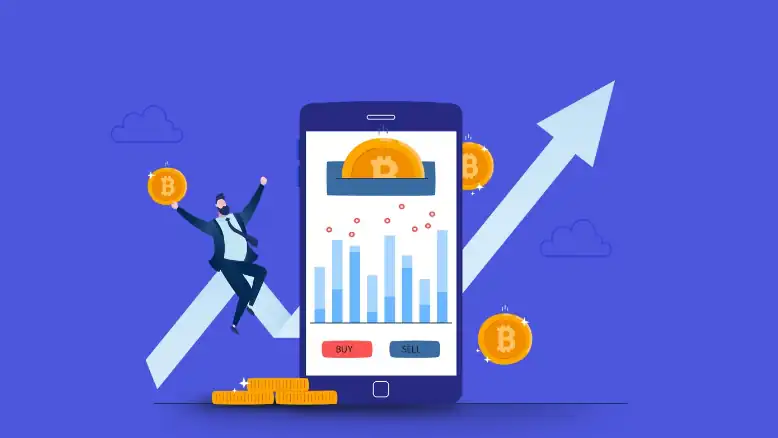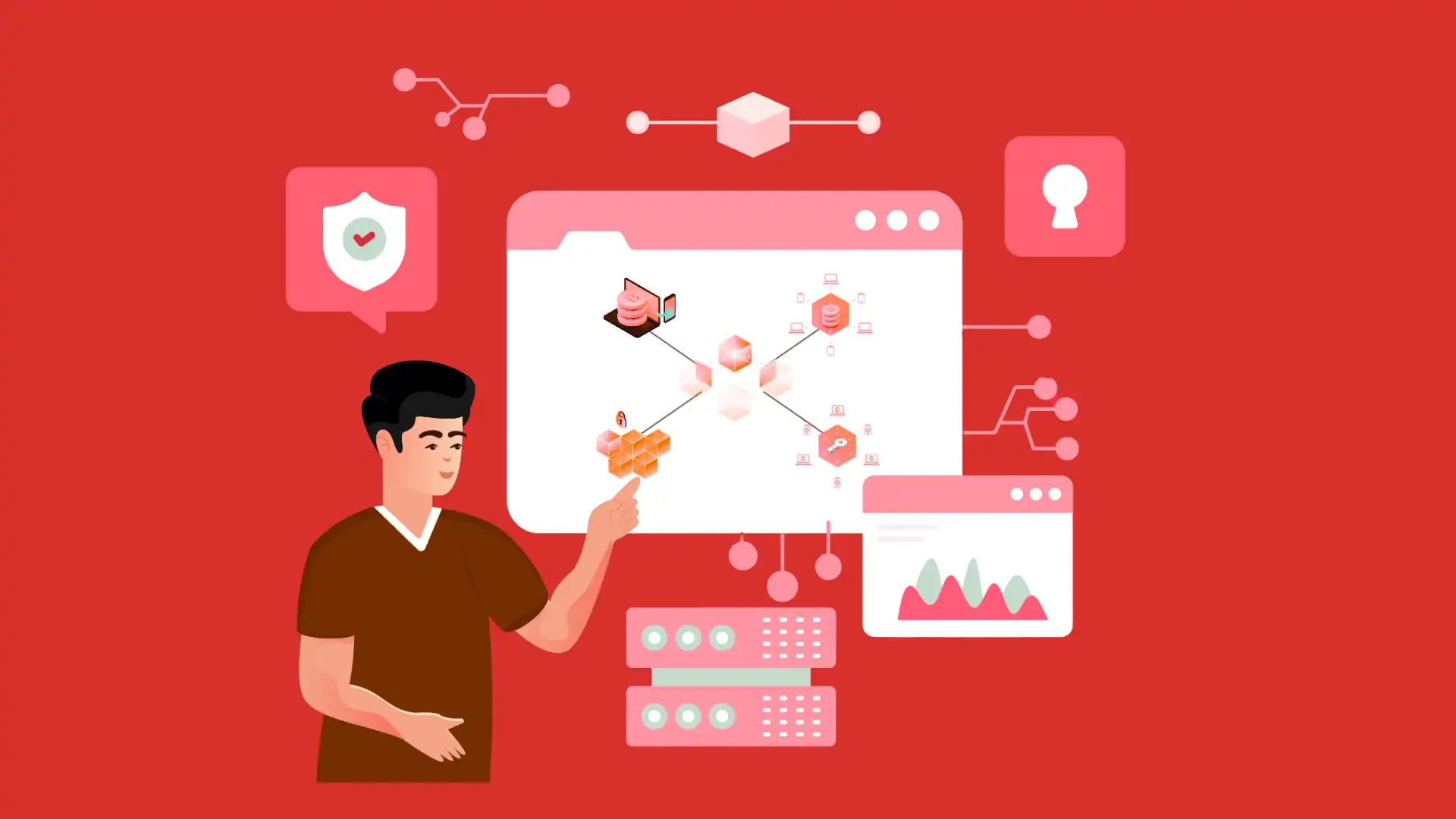
Using blockchain technology, token-based property investment is changing how people invest in property. Instead of buying a whole building or property, you can now buy small pieces of it in the form of digital tokens. This method makes property investing more accessible to everyone, even if you don’t have a lot of money to spend. In this guide, we’ll explain what property tokenization is, how it works, and why it’s becoming popular in 2024. We’ll also look at the role of specialized digital asset platforms and real-world asset tokenization solutions in making this process possible.
What is Property Tokenization?
Property tokenization is a process that turns physical properties into digital tokens on a blockchain. This means that instead of owning the entire property, investors can buy a small piece of it represented by a digital token. Each token reflects a share of ownership in the property, allowing more people to invest in property without needing a lot of money upfront. This approach makes investments more accessible and provides a way for property owners to raise funds by selling these tokens to investors.
Tokenization also makes property transactions easier and faster. Traditional property deals often involve a lot of paperwork and can take weeks or even months to complete. With tokenization, transactions can be recorded on the blockchain, which is secure and transparent. This means that buyers and sellers can complete deals more quickly and with less hassle.
How Does Property Tokenization Work?
Property tokenization works by turning physical properties into digital tokens that represent shares of ownership on a blockchain. First, a property owner or developer decides to tokenize their property and partners with a digital asset management provider to create these tokens. Each token represents a small part of the property, so many investors can buy in without needing to buy the whole property.
These tokens are usually sold through a process called a security token offering (STO), where investors can buy them using cryptocurrencies or traditional money. When investors purchase these tokens, they get rights to a part of the property, including any rental income or value increases. The blockchain keeps a secure and transparent record of all transactions, making it easy to track ownership. This process simplifies property deals, reduces paperwork, and allows for faster transfers, making it easier for more people to invest. Using a trusted tokenization partner also helps ensure that everything is secure and follows regulations, creating a reliable way to participate in property investments.
Innovative Blockchains for Property Investment in 2024
Ethereum
Ethereum was one of the first blockchains to support decentralized applications and is still popular for tokenized property deals. It allows developers to create smart contracts—self-executing agreements that automate transactions—reducing reliance on agents and cutting costs.
Polygon
Polygon improves Ethereum by making it faster and cheaper. In property deals where fees can be high, Polygon offers a cost-effective solution. Its compatibility with Ethereum also makes it easy to transition existing applications.
Binance Smart Chain (BSC)
BSC offers low transaction fees and can handle a high volume of transactions, making it ideal for large-scale property token projects. Its integration with the Binance exchange also improves token trading options.
Tezos
Tezos can upgrade itself without disruptive changes, making it useful for adapting to new regulations. It emphasizes secure smart contracts and encourages community participation through voting on changes.
Avalanche
Avalanche’s speed and capacity make it well-suited for rapid transactions like auctions or quick sales. Its flexible structure allows developers to tailor rules to specific projects.
Algorand
Algorand offers speed and efficiency while maintaining an environmentally friendly blockchain approach. Its low energy use appeals to investors focused on sustainability.
Future of Property Tokenization
The future for property tokenization looks promising. As blockchain technology advances, investing in property will become easier for everyone, including small investors. Fractional ownership means people can buy parts of properties rather than needing huge sums for entire purchases.
With clearer regulations, more traditional property companies will adopt tokenization, boosting mainstream acceptance. Real-world asset tokenization providers will play a key role by offering tailored solutions that meet the needs of property projects while ensuring compliance and security. We can expect improved platforms that make buying and selling property tokens faster and safer. Overall, tokenization will make the property market more efficient, transparent, and inclusive.






